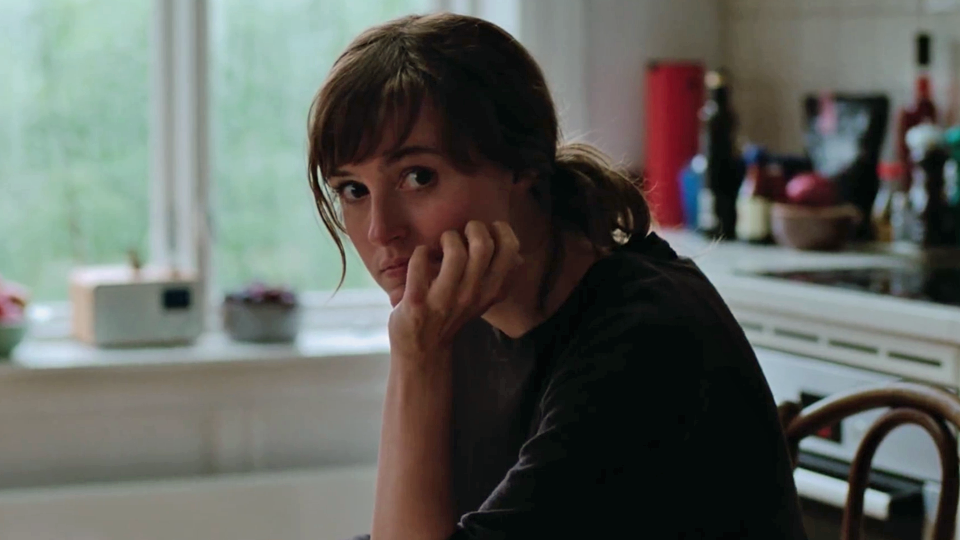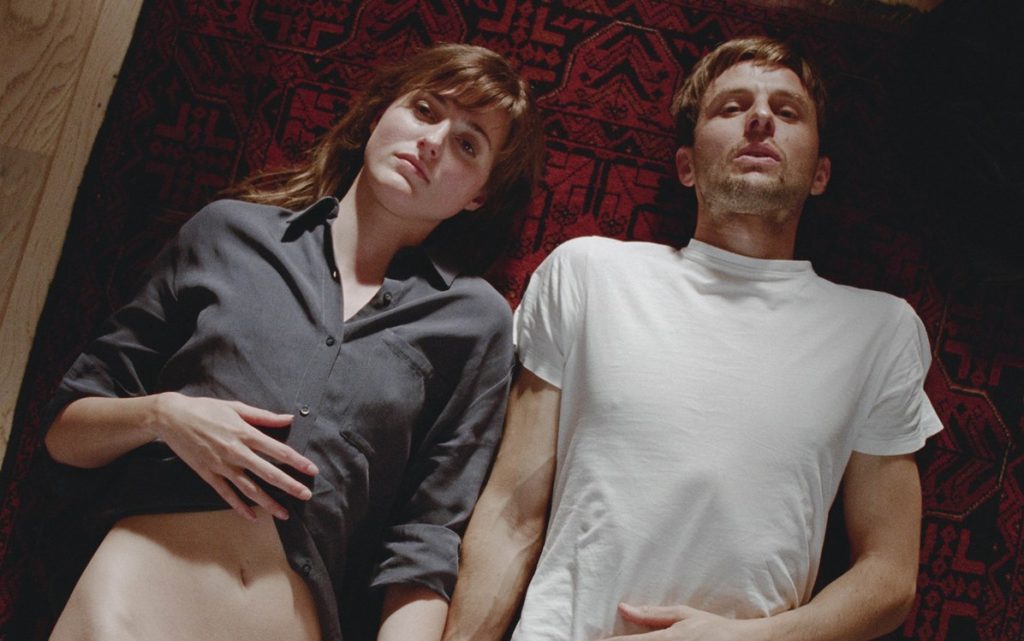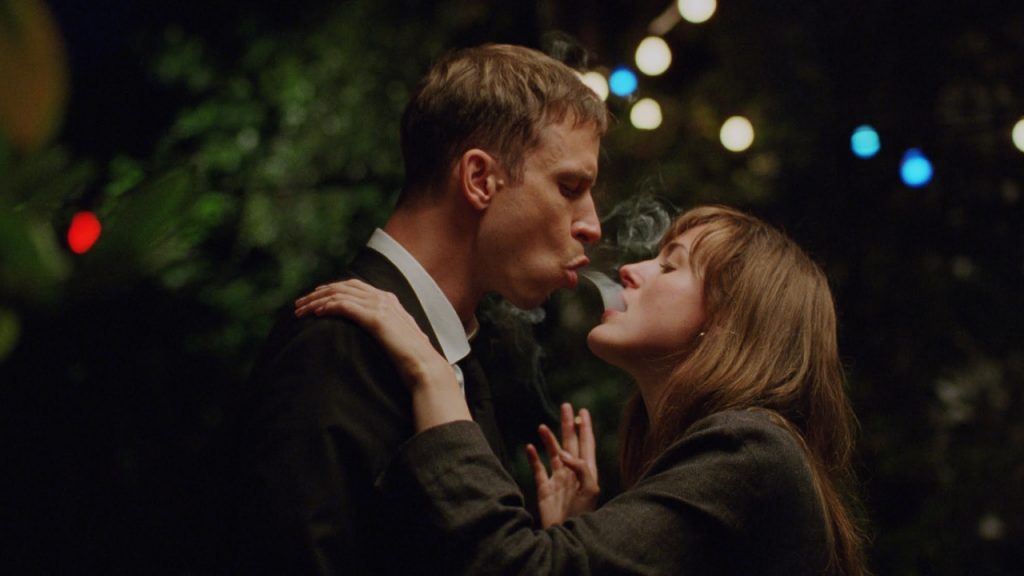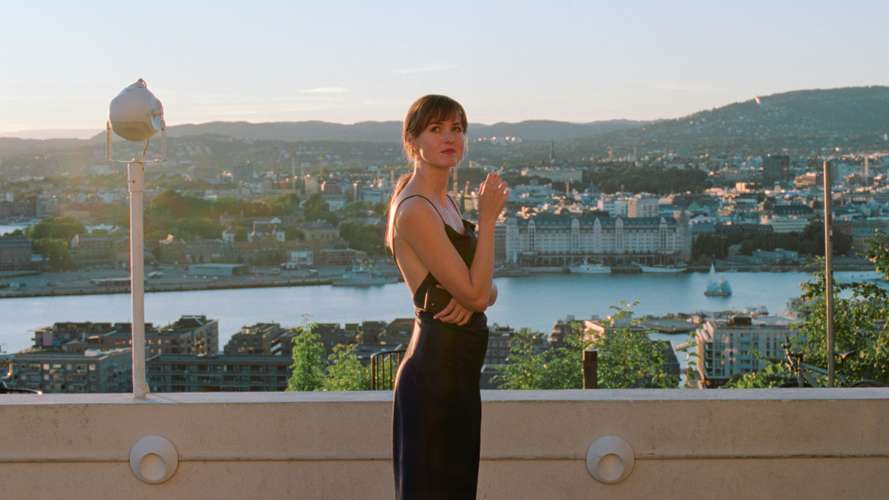Film Review: The Worst Person in the World (2021)



I freely admit I’m a tough nut to crack when it comes to romantic comedies – especially American ones. Far too often they offer such predictable plots, formulaic tropes, and vapid characters that they become completely interchangeable with one another. You could mix and match scenes at will and I doubt many would take much notice, or care. But I try. Over and over I give the genre one more chance. Maybe this time I’ll be surprised, I tell myself. Maybe this time I’ll see something new. And do you know what? Sometimes it works. Sometimes, even slight variations in tone and presentation can make all the difference. Case in point: Joachim Trier’s The Worst Person in the World.

Presented in twelve chapters (with prologue and epilogue bookends), The Worst Person in the World explores the ups and downs of love and indecision in modern-day Oslo, Norway through the eyes of a perpetually discontented young woman named Julie (Renate Reinsve). Whether it be changes in career direction or her love life, Julie has no trouble finding passion and happiness, but often opts to cast it aside in favor of something new or seemingly more exhilarating. While her capricious tendencies (which she sees as self-empowering rather than flighty) don’t necessarily make her a selfish or overly self-centered person, they do have rippling consequences that affect other people to varying degrees. Where the film’s title might imply that Julie is, in fact, a terrible person, this is far from the case. Her overall behavior is actually more relatable than one might think, implying that “the worst person in the world” is a self-inflicted moniker.

Reinsve’s Julie, in all her impulsive glory, is a joy to watch. She’s no fool, but she, like many of us, possesses a fluctuating sense of purpose that can just as easily send her into a fit of euphoria as it can a pit of despair. Reinsve captures this sometimes maddening sense of aimlessness and confidence all at once, and combines them into a complicated mixture of emotion that ebbs and flows within each scene. It’s a nuanced performance that has already won her this year’s Best Actress award at Cannes. Rounding out the cast, and serving as necessary yangs to Julie’s yin, are her love interests – the pragmatic artist Aksel (Anders Danielsen) and the afable barista Eivind (Herbert Nordrum – who both compliment her in different ways but ultimately prove powerless to her whims. (Watch out for Danielsen as he very nearly steals the show with his third act speech about collecting things and memories.)

I do have some qualms with the privileged lifestyle Julie leads (I’m pretty tired of seeing well-off white people float through life with nary a concern for paying rent or any other financial considerations), but this could be chalked up to an American vs. Norwegian cultural difference. Also, there are moments in the film’s final act that are a bit too purposefully crafted to manipulate an emotional response (I call it the “Terms of Endearment” Effect). But, as mentioned above, Danielsen saves things from becoming too melodramatic with a scene-stealing and wonderfully acted lamentation. All told, though, Trier weaves a delightfully engaging tale, even incorporating elements of fantasy and Fruedian dream logic into an already inventive rom com. Had this been an American production, I have no doubt its legs would have been cut out from underneath it before it even had a chance to stand on its own two feet, but Trier is smart enough to recognize this and thus subverts expected tropes in intelligent ways. When creating genre films, self-awareness can go a long way, and The Worst Person in the World proves that time and again.
